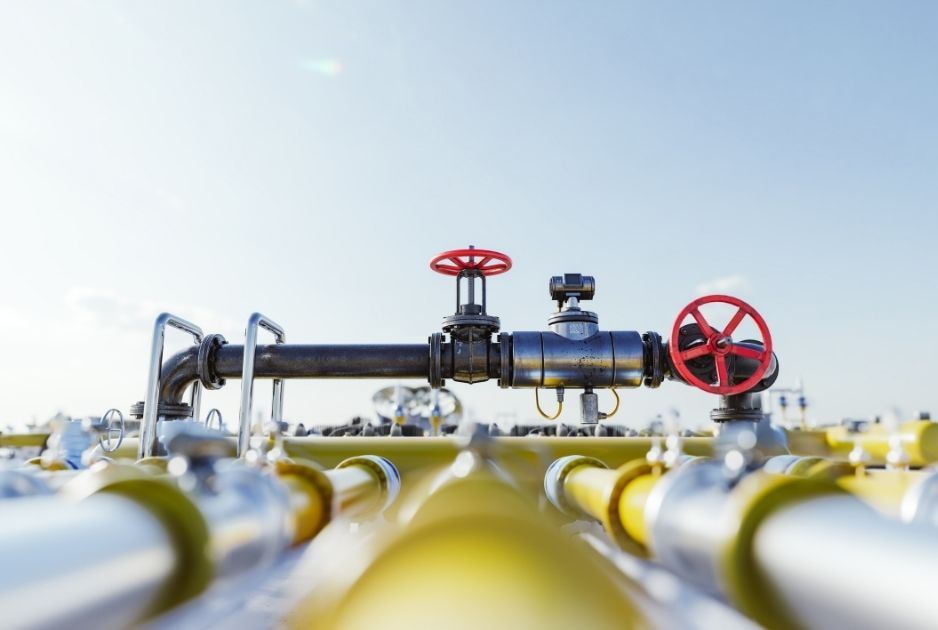How is the Russia/Ukraine war changing global energy markets? The Russia/Ukraine war has huge implications for energy markets, particularly energy policy and corporate strategies.
Gas prices will remain high until 2026 at least. Europe wants to rapidly minimize the 150 Bcm of
Meanwhile, for Europe, it’s about maximizing pipeline imports from Norway, Azerbaijan and North Africa; outcompeting Asia for flexible LNG; and managing demand. Throughout this period, Russia has leverage and can manipulate volumes; after 2026, prices should ease.
High gas prices mean coal’s outlook is brighter. But thermal coal is less influential than it was in the power system and load factors are already close to being maxed out. Gas-to-coal switching has supported carbon prices in the EU and UK emissions trading system (ETS) after a wobble at the start of the war. Our view remains that carbon market development lifts the ETS price to over US$100/t by 2030.
Source: Forbes


